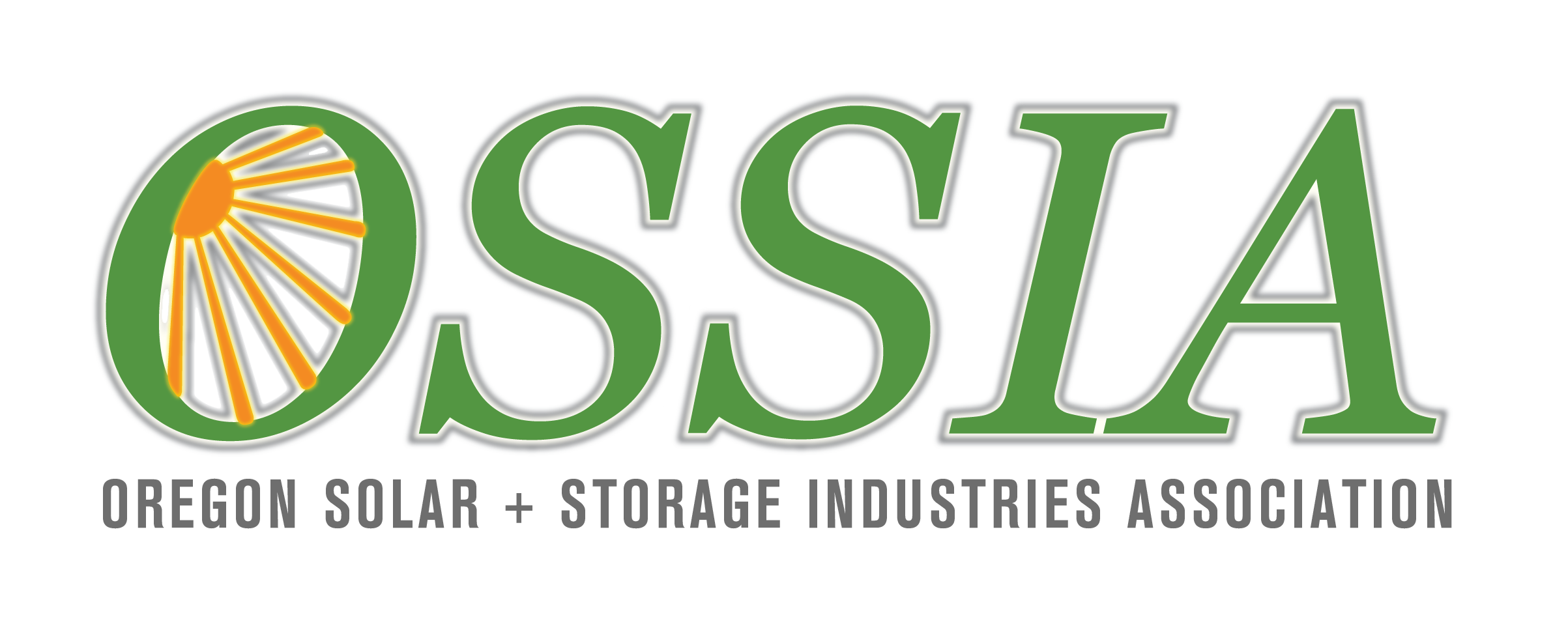Solar 4R Schools: Adding Community & Educational Value to PV System Projects
February 18, 2016 - Since 2002, BEF’s Solar 4R Schools program continues to provide award-winning renewable energy STEM education. As solar energy development expands, we aim to turn every solar installation into an interactive educational tool, building a nation of energy literate citizens who understand the science and benefits of renewable energy and inspiring the next generation of clean energy leaders.
As the Director of the Solar 4R Schools program at BEF, I often receive requests for information from solar installers, developers, investors, and utilities about how to effectively pair educational and community engagement benefits with solar projects – particularly on educational and community facilities since the 1.5 Percent for Green Energy Technology in Public Buildings requirements became effective in 2013.
I am inspired and encouraged by the industry efforts to support renewable energy education, since it is critical to developing the next generation of leaders, problem-solvers, financial experts, engineers, scientists, marketing and communications professionals, contractors, lawyers, realtors, and so on. According to a report from the Center for the New Energy Economy, “America’s transition to a clean energy economy is not just a job for the future; it’s already underway.” Given the findings from the 2015 Solar Jobs Census, we know that the solar industry is growing at a faster rate than the national economy. In addition, nearly half of the utility workforce will retire over the next ten years, meaning that we will be faced with a shortage of qualified workers to fill these fast-growing vacancies. Solar 4R Schools focuses on developing the knowledge base of U.S. citizens—notably teachers and students. Current work of transforming our educational system fundamentally changes the way we educate students – specifically in science, technology, engineering, and math (STEM) skills and concepts. We are effectively preparing students for jobs that do not yet exist as we also find ourselves in the midst of a technology revolution, and in particular a distributed energy revolution, as the grid evolves and modernizes.
Building PV on schools and community buildings remains a powerful way to engage the community in the emerging new energy economy as it unfolds right before our eyes. Parents, teachers, and students will begin to integrate new renewable energy knowledge as they enter the energy workforce or become interactive electricity customers. To facilitate this knowledge transfer, there are many modes of communication used depending upon the context. From the most basic awareness-raising project signage to robust teacher leadership training institutes and student engineering challenge events involving the entire community, the design of an education strategy depends on the goals of the partners and breadth and depth of the intended impact of your project.
At the 2016 OSEIA conference, find out about the diverse ways in which utilities, solar developers, investors and contractors partner with Solar 4R Schools to add value to their projects by pairing educational and community benefits associated with demonstration-, community-, production- and utility-scale projects. Solar 4R Schools provides teacher training, durable science and engineering kits, teacher-generated classroom lesson plans, live solar data monitoring with Web and on-site displays as an integral part of STEM programming in area schools.
By: Chaun MacQueen, Program Director, BEF Solar 4R Schools- cmacqueen@b-e-f.org
Chaun MacQueen is the Director of the Solar 4R SchoolsTM program at BEF and is responsible for oversight, strategic direction and development of the program. She is the appropriate contact to discuss funding partner relationships; school applications; utility-managed green power subscriber programs; or school district renewable energy programs. Chaun has over 20 years of experience designing and conducting environmental education programs in the U.S. and abroad for diverse audiences. Prior to working for BEF, Chaun worked as a Senior Analyst at The Cadmus Group, Inc. where she implemented and evaluated energy education programs and conducted process evaluations of utility energy efficiency programs in various states in the U.S. Chaun served as the Program Director for Community Energy Project in Portland for about nine years, where she managed energy education, water conservation and environmental health education, direct service, and professional training programs. Chaun has an M.S. in environmental studies from the University of Oregon and she graduated from the State University of New York College of Environmental Science and Forestry with a B.S. in Natural Resource Management and Environment & Forest Biology. She also served as a community forestry Peace Corps Volunteer in Far-western Nepal (1997-1999).
